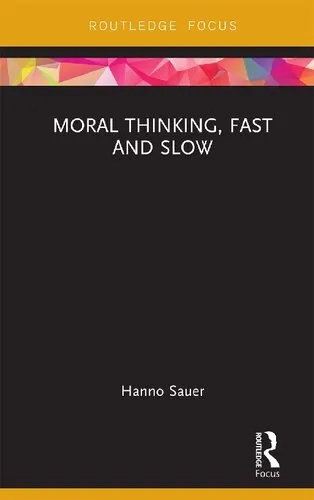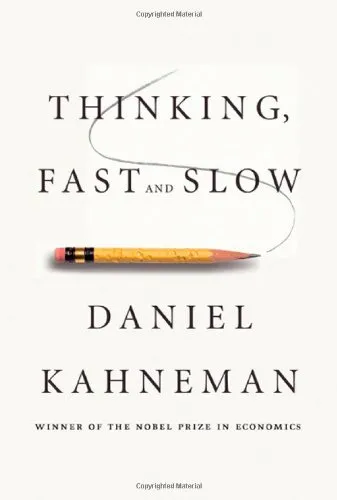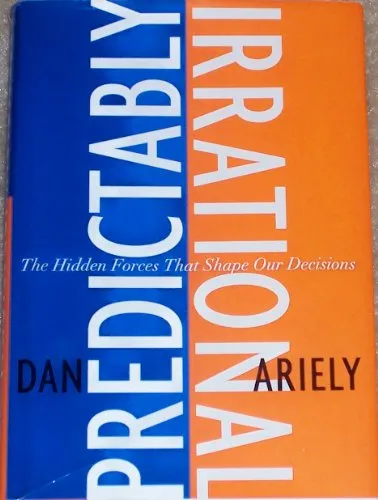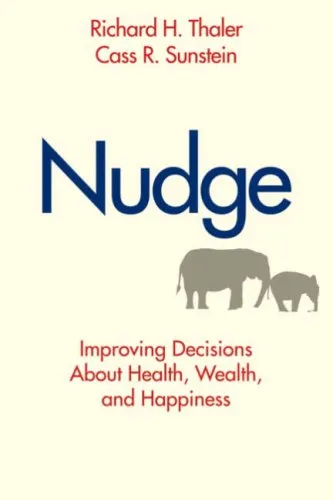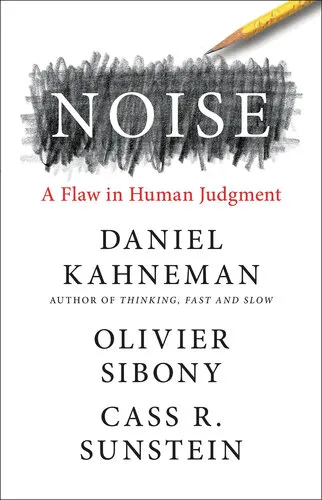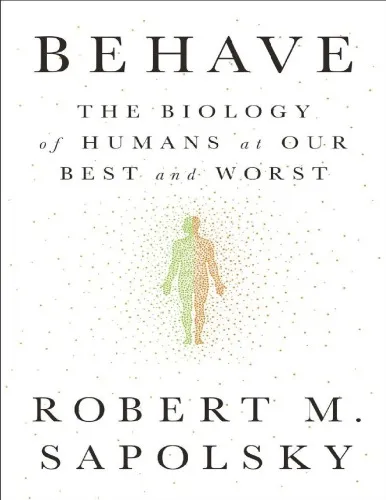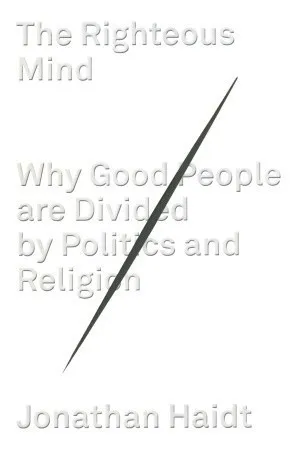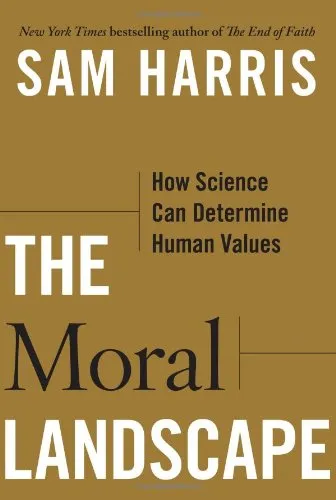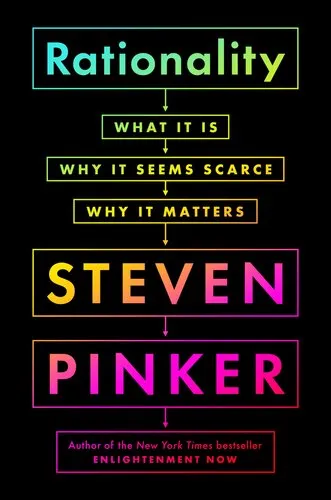Moral Thinking, Fast and Slow (Routledge Focus on Philosophy)
3.5
Reviews from our users

You Can Ask your questions from this book's AI after Login
Each download or ask from book AI costs 2 points. To earn more free points, please visit the Points Guide Page and complete some valuable actions.Related Refrences:
Persian Summary
Welcome to 'Moral Thinking, Fast and Slow', a compelling exploration of the complexities and intricacies of moral judgment and decision-making. This book provides an extensive analysis of the contrasting processes of moral thinking – the fast, intuitive processes and the slower, more deliberate thinking. Through rigorous philosophical inquiry and insights from cognitive science, 'Moral Thinking, Fast and Slow' seeks to unravel how humans make moral evaluations, bridging the gap between automatic reactions and conscious reasoning. Below, we dive into a detailed summary and other essentials of the book.
Detailed Summary of the Book
Hanno Sauer's 'Moral Thinking, Fast and Slow' is an academic yet accessible investigation into how humans process moral problems. Drawing on a dual-process theory from psychology, Sauer takes readers on a journey through the mental mechanisms behind our moral judgments. The book is divided into sections that explore the intuitive and reflective dimensions of moral reasoning. Central to this work is the question of how these fast and slow processes coalesce to form what we recognize as ethical conduct.
The "fast" thinking comprises automatic, emotional responses based on evolutionary and social conditioning, originating from rapid assessments that require little deliberate thought. These reflexive judgments are often influenced by immediate perceptions and emotions. In contrast, "slow" thinking refers to more sophisticated rational deliberations that involve considering abstract ethical principles and potential long-term consequences. Sauer argues for a more integrated understanding of moral cognition that recognizes the interplay and balance between these quick intuitions and careful reasoning. By doing so, he invites readers to appreciate the implications for ethics, education, and policy-making.
Key Takeaways
- Moral judgments are not solely the domain of either emotions or reason but arise from a complex interaction between the two.
- The dual-process theory helps in understanding the diversity and conflict often seen in moral beliefs and behaviors across cultures.
- Acknowledging the role of both fast, automatic responses and slow, deliberate thinking can enhance moral education and ethical practice.
- The book challenges traditional binaries in moral philosophy, encouraging a more nuanced approach to moral cognition.
Famous Quotes from the Book
"Our moral judgments are often swift and automatic, yet they still require the slow, meticulous effort of ethical reasoning to be fully understood and justified."
"To grasp the essence of morality, one needs to navigate the interplay between intuition and reason."
Why This Book Matters
In an era marked by moral and ethical dilemmas that span from personal to global scales, understanding how we come to our moral decisions is more crucial than ever. 'Moral Thinking, Fast and Slow' is pivotal for several reasons. First, it provides a comprehensive framework for analyzing how we engage with moral issues, which is beneficial for educators, policy-makers, and individuals alike. Second, the book pushes against conventional wisdom that often pits emotion against reason, reinforcing the importance of seeing them as collaborative forces in moral judgment.
Furthermore, by linking philosophical perspectives with empirical research from the cognitive sciences, Hanno Sauer offers readers an interdisciplinary approach that is both enlightening and practical. For anyone interested in moral psychology, ethics, or cognitive science, this book offers valuable insights that can lead to a deeper understanding of how humans navigate the moral landscapes of their lives.
Free Direct Download
You Can Download this book after Login
Accessing books through legal platforms and public libraries not only supports the rights of authors and publishers but also contributes to the sustainability of reading culture. Before downloading, please take a moment to consider these options.
Find this book on other platforms:
WorldCat helps you find books in libraries worldwide.
See ratings, reviews, and discussions on Goodreads.
Find and buy rare or used books on AbeBooks.
1581
بازدید3.5
امتیاز0
نظر98%
رضایتReviews:
3.5
Based on 0 users review
Questions & Answers
Ask questions about this book or help others by answering
No questions yet. Be the first to ask!
